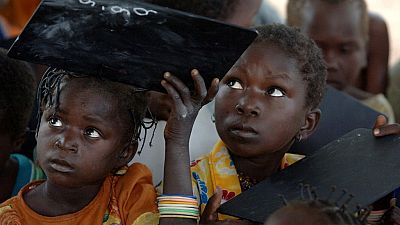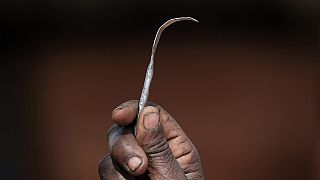Nigeria
An estimated 200 million women and girls around the world have undergone Female Gentile Mutilation, with 80% of the cases in Africa alone.
The United Nations said this as the world marked International Day of Zero Tolerance for Female Genital Mutilation on February 6.
Majority of the girls who have undergone this practice are below 15 years of age.
The Covid-19 pandemic has increased the risk of female genital mutilation with the UN predicting that an additional two million girls will be victimized in the next ten years.
Prolonged school closures have provided cover for girls recovering from FGM. In addition, movement restrictions have prevented campaigners against FGM from accessing some villages.
The United Nations Children's Fund, UNICEF, has said Nigeria accounts for the third-highest number of women and girls who have undergone Female Genital Mutilation, FGM, globally with an estimated 19.9 million survivors.
The situation is no different in Somalia, where over 90% of girls and women, have been subjected to female genital mutilation. Despite the health risks.
Discussion over how to end the harmful tradition remains taboo.
FGM involves the partial or total removal of external female genitalia or other injuries to the female genital organs for non-medical reasons. The practice has no health benefits for girls and women but rather harms the victims.
The World Health Organisation states death, shock and fever as a few of the many effects of this practice on young girls
the United Nations strive for its full eradication by 2030, with the backing of Sustainable Development Goal five.












Go to video
Ghana overtakes Nigeria in U.S. visa overstay rates, new report reveals
02:09
Russia vetoes UN resolution calling for immediate cease-fire in Sudan
01:17
COP29 finance talks lag as the summit reaches its halfway mark
01:00
Chidimma Adetshina crowned Miss Universe Africa and Oceania
01:38
COP29: What next for Africa's energy transition?
01:00
Civil society takes center stage at Brazil’s G20 social summit